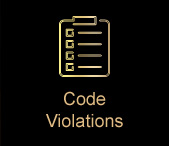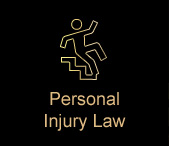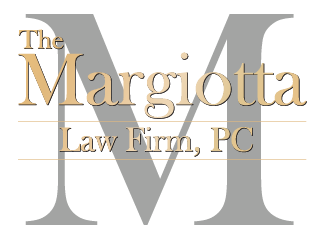During last week’s East Meadow Board of Education public meeting, Nancy Cave, the mother of deaf Clarke High School student John Cave Jr., told the board and local residents that her son’s hearing dog, Simba, would be accompanying her son into the school building on Oct. 3.
Hearing Dog to Attend School
Herald Community Newspapers
September 27, 2007
By Hector Flores
During last week’s East Meadow Board of Education public meeting, Nancy Cave, the mother of deaf Clarke High School student John Cave Jr., told the board and local residents that her son’s hearing dog, Simba, would be accompanying her son into the school building on Oct. 3.
Simba’s first look inside the school is being made possible by a rewritten state law that goes into effect next month. The statute bans discriminatory practices against hearing-disabled people who use guide, hearing or service dogs.
“On Oct. 3, we are bringing Simba to school, and it’s time that the district accommodate my son’s needs,” Nancy Cave said at the Sept. 20 meeting.
Since January, John, 15, has repeatedly attempted to enter the high school with Simba, and each time he has been denied entrance by school administrators, on the grounds that the dog’s presence was contrary to school policy and might pose health risks to staff members and students who have severe allergies to dogs.
The Caves responded with a $150 million lawsuit against the district, arguing that their son needs the dog in case of an emergency, and in order to be self-sufficient. Furthermore, the family claimed, John’s right to use the dog is guaranteed by the Americans with Disabilities Act.
On Feb. 27, however, U.S. District Court Judge Arthur Spatt ruled that John could not bring Simba to school, because the Caves had not exhausted all of their options with the East Meadow School District’s special-needs program, which creates individualized education programs for disabled students.
In response to Spatt’s ruling, Paul Margiotta, an attorney representing the Caves, had planned an appeal on Oct. 5 before the U.S. Court of Appeals in Manhattan. But the state Legislature passed legislation in June clarifying the state’s current law on the use of guide, hearing and service dogs. The new law makes it clear that hearing-impaired people have the same rights to use service dogs as other disabled people.
“The language of New York State Law now leaves no room for East Meadow School District to deny John Cave Jr. and Simba access to the school,” Margiotta said, adding that the Legislature did not pass a new law, but rather clarified an existing one. “It is now unmistakable that any disabled person accompanied by a hearing, guide or service dog must be admitted to all public facilities,” he said.
The old law stated that it was unlawful to discriminate against someone using a service dog who has 40 percent or less of their hearing in their better ear. The amended law eliminates the “impairment threshold” altogether, and has been further amended to include “the use of a duly trained dog by any disabled individual.”
“Now anyone with any degree of hearing loss can apply for a hearing dog,” said Leon Campo, the district¹s superintendent. “It is a more relaxed standard.”
Campo and members of the Board of Education are planning to attend a hearing sponsored by the New York State Division of Human Rights on Oct. 1 in Hempstead, at which the specifics of the Cave case will be discussed.
Campo would not comment on the ongoing litigation with the Cave family ‹ or say whether Simba would be allowed in the high school next month. He did say that the district is endeavoring to meet the needs of all its students. “We have a responsibility to the Cave child and other children in the district,” he said.










